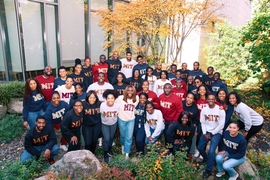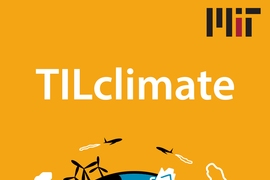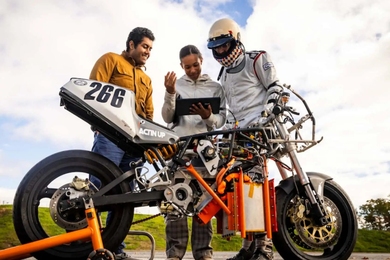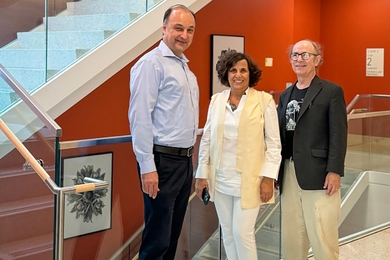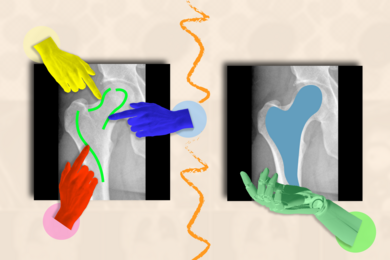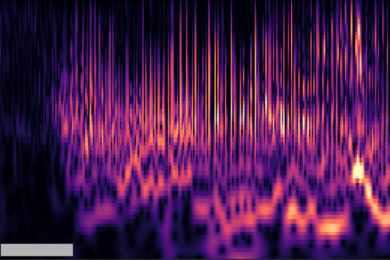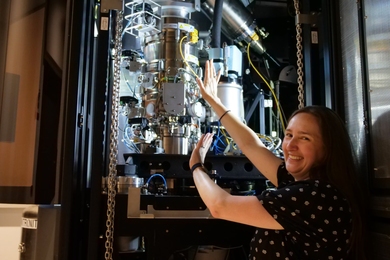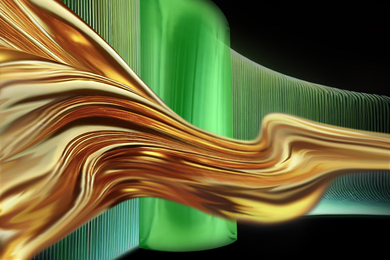If you’re searching for a podcast about the intersections between poetic and technical knowledge, look no further.
Poetechnics is a new audio series from the MIT Literature Section produced by Lecturer Michael Lutz, whose scholarly interests include early modern British literature and culture; media studies, including digital media and videogames; philosophy and literature; and the history of humanism and the humanities.
Through discussions with MIT faculty, staff, students, and guests, Poetechnics offers perspectives on the benefits of literary and humanistic study combined with scientific and technical pursuits, and what closer integration of these approaches to learning might look like in the future.
In the premier episode, Lutz hosts a discussion with sociologist, humanitarian, and speculative fiction author Malka Older (“Infomacracy,” “The Mimicking of Known Successes”) about society, literature, and speculation. Joining them are MIT Lecturer Joaquin Terrones and graduate student and speculative fiction author Steve Gonzalez of MIT’s Doctoral Program in History, Anthropology, and Science, Technology, and Society.
In Poetechnics’ second episode, Lutz discusses teaching, research, and Herman Melville’s technology of the semicolon with Literature Section Senior Lecturer Wyn Kelley.
“I’m really excited for the opportunity to lead these discussions and provide a glimpse of the wide variety of playful, creative, and insightful thinking that goes on in the Literature Section for people on campus and beyond," says Lutz.
This project is generously supported, in part, by MIT’s d’Arbeloff Fund for Excellence in Education.

